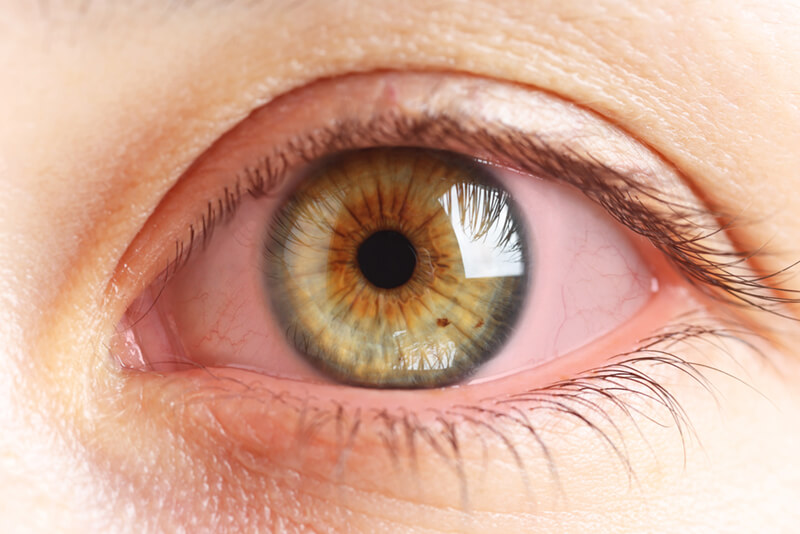Corneal Abrasion
The cornea is a clear protective window to the front of the eye. It helps to shield the eye from germs, dust and other harmful matter, but it also plays a significant role in your vision, acting as the eye’s outermost lens. The cornea controls and focuses the entry of light into the eye. When light strikes the cornea, it bends or refracts the incoming light onto the lens of the eye.
Any scrape of scratch to the surface of the cornea is called a corneal abrasion. Corneal abrasions can occur when the cornea comes into direct contact with a sharp object, such as a fingernail or a tree branch. Sometimes airborne materials such as particles of dust can cause corneal abrasions. Corneal abrasions may also be caused by contact lens wear and dry eye.
The cornea has the ability to heal itself from minor abrasions. But if the scratch penetrates the cornea more deeply, you will likely notice pain, tearing, redness, and sometimes blurred vision and extreme sensitivity to light.
If you have sustained a corneal abrasion, visit your OCB eye doctor immediately.
If left untreated, a corneal abrasion may lead to a secondary infection that can threaten vision.

Care For a Corneal Abrasion
If you suspect you have a corneal abrasion, contact your OCB eye doctor immediately.
The cornea has the ability to heal itself, so treatment is aimed toward preventing infection and minimizing complications during the healing process. Your OCB eye doctor will likely prescribe medicated eye drops or ointment to prevent infection and may prescribe additional eye drops to ease pain. Sometimes a soft bandage contact lens may be recommended.
Small abrasions heal in just a couple of days. Larger abrasions may take a week or longer. It is important not to rub the eye during the healing process. A more serious deeper injury to the cornea could cause scarring, which may impair vision. In this case, a corneal transplant may be needed.
